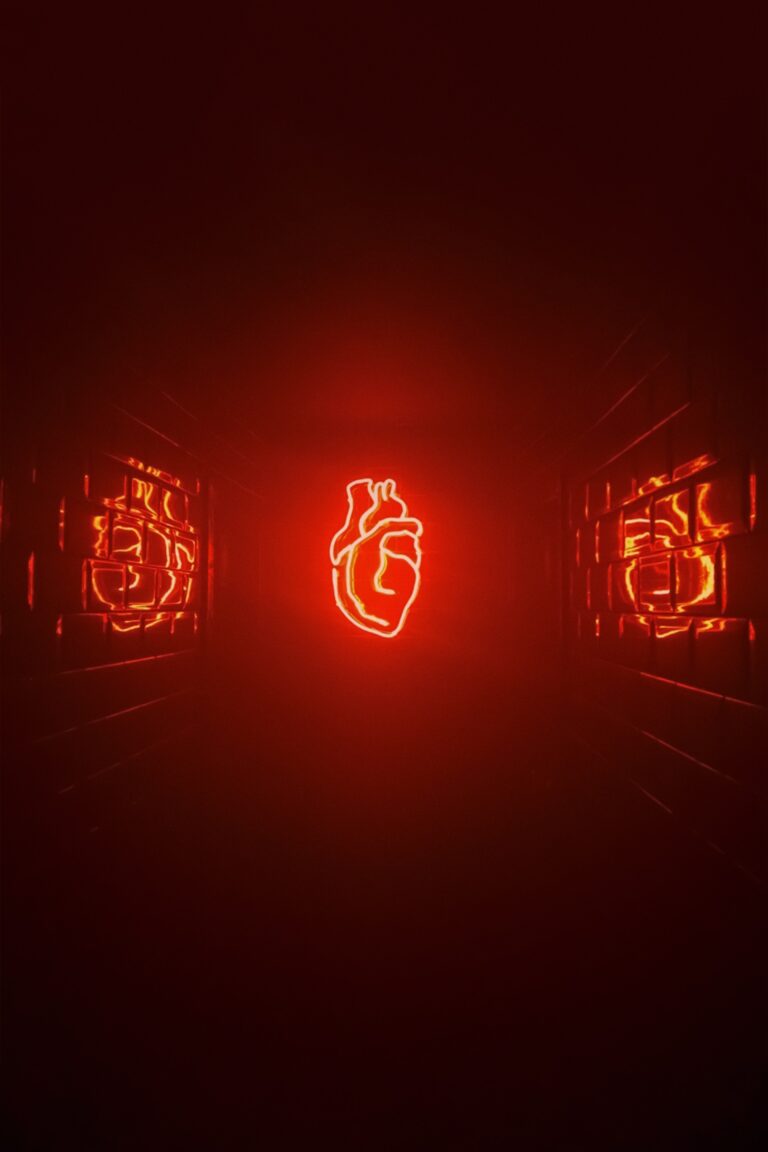What is the Legal Status of Prostitution in Jakarta?
Prostitution in Jakarta, the capital city of Indonesia, is technically illegal. However, the city has a thriving sex industry, and law enforcement tends to turn a blind eye in many cases. The Indonesian government has made efforts to eradicate the sex trade in recent years, but the trade continues to persist in various forms.
What are the Laws, Penalties, and Law Enforcement Measures Regarding Prostitution?
Indonesian law criminalizes various acts related to prostitution, including pimping, owning or operating a brothel, and soliciting for prostitution. The following penalties apply for these offenses:
- Pimping: Imprisonment for 1 to 5 years and a fine of IDR 5 million to IDR 20 million.
- Operating a brothel: Imprisonment for 1 to 6 years and a fine of IDR 5 million to IDR 30 million.
- Soliciting for prostitution: Imprisonment for 1 to 3 years and a fine of IDR 3 million to IDR 15 million.
However, despite these laws and penalties, law enforcement measures in Jakarta tend to be lax, with many brothels and sex workers operating in the city. Police raids do occur occasionally, but they are generally focused on high-profile cases or publicized as part of government crackdowns on the sex trade.
How is Prostitution Referred to Locally in Jakarta?
In Jakarta, prostitution is often referred to as jual diri, which translates to selling oneself in English. Other terms used to describe sex workers in the city include wanita tuna susila, which means immoral woman, and PSK (short for pekerja seks komersial), which means commercial sex worker.
What is the History of Prostitution in Jakarta?
Prostitution has been present in Jakarta for centuries, dating back to the Dutch colonial period when the city was known as Batavia. During this time, the Dutch East India Company established a system of regulated brothels to serve the needs of the European community. This system continued into the early 20th century, when the Dutch colonial government attempted to control and regulate the sex trade more strictly.
Following Indonesian independence in 1945, the new government maintained many of the Dutch colonial laws regarding prostitution, and the sex trade continued to operate in Jakarta. In the 1960s and 1970s, the city experienced rapid economic growth and urbanization, leading to an increase in demand for sex workers and a proliferation of brothels and red-light districts. Despite periodic crackdowns by the government, prostitution remains a significant issue in Jakarta today.
Where Can I Find Helpful Links, Government Laws, and Resources Related to Prostitution Legality?
For more information about prostitution legality in Jakarta and Indonesia as a whole, the following resources may be helpful:
- Indonesian Penal Code: This document contains the relevant laws and penalties related to prostitution in Indonesia.
- U.S. Department of State: Trafficking in Persons Report 2010 – Indonesia: This report provides an overview of the state of human trafficking and forced prostitution in Indonesia, including information about law enforcement efforts and government policies.
- Human Rights Watch: Out of Sight – Endemic Abuse and Impunity in Papua’s Central Highlands: This report discusses the prevalence of sex trafficking and forced prostitution in Papua, a province of Indonesia, and the government’s efforts to address these issues.
In conclusion, while prostitution is technically illegal in Jakarta, it remains a persistent issue due to lax law enforcement and a thriving sex industry. Efforts by the Indonesian government to eradicate the sex trade have been largely unsuccessful, and the trade continues to operate in various forms throughout the city.
